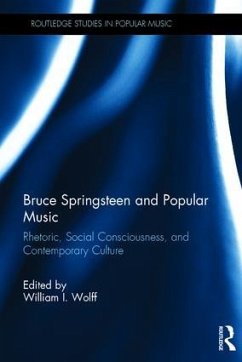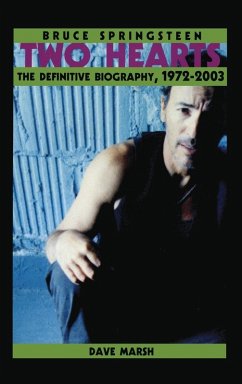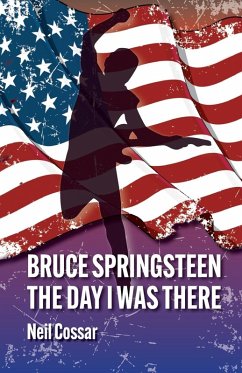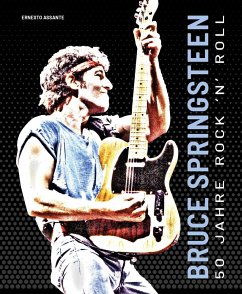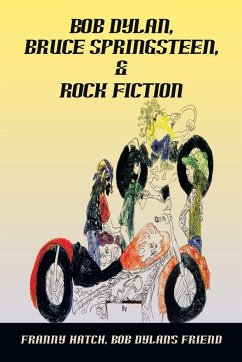
Bruce Springsteen and Popular Music
Rhetoric, Social Consciousness, and Contemporary Culture
Herausgeber: Wolff, William I.
Versandkostenfrei!
Versandfertig in 1-2 Wochen
55,99 €
inkl. MwSt.
Weitere Ausgaben:

PAYBACK Punkte
28 °P sammeln!
This interdisciplinary volume enters the scholarly conversation about Bruce Springsteen at the moment when he has reinforced his status of global superstar and achieved the status of social critic. Covering musical and cultural developments, chapters primarily consider work Springsteen has released since 9/11-that is, released during a period of continued global unrest, economic upheaval, and social change-under the headings Politics, Fear and Society; Gender and Sexual Identity; and Toward a Rhetoric of Springsteen. The collection engages Springsteen and popular music as his contemporary work...
This interdisciplinary volume enters the scholarly conversation about Bruce Springsteen at the moment when he has reinforced his status of global superstar and achieved the status of social critic. Covering musical and cultural developments, chapters primarily consider work Springsteen has released since 9/11-that is, released during a period of continued global unrest, economic upheaval, and social change-under the headings Politics, Fear and Society; Gender and Sexual Identity; and Toward a Rhetoric of Springsteen. The collection engages Springsteen and popular music as his contemporary work is just beginning to be understood in terms of its impact on popular culture and music, applying new areas of inquiry to Springsteen and putting Springsteen fan writing within the same binding as academic writing to show how together they create a more nuanced understanding of an artist. Established and emerging Springsteen scholars approach work from disciplines including rhetoric and composition, historical musicology, labor studies, American history, literature, communications, sociology, theology, and government. Offering context, critique, and expansive understanding of Springsteen and his work, this book contributes to Springsteen scholarship and the study of popular music by showing Springsteen's broadening academic appeal as well as his escalating legacy on new musicians, social consciousness, and contemporary culture.





